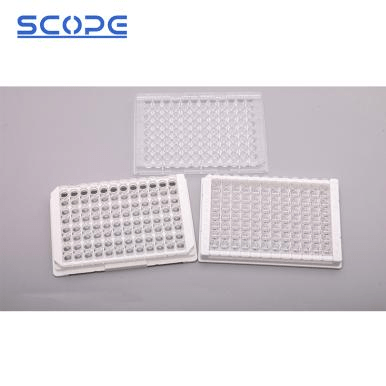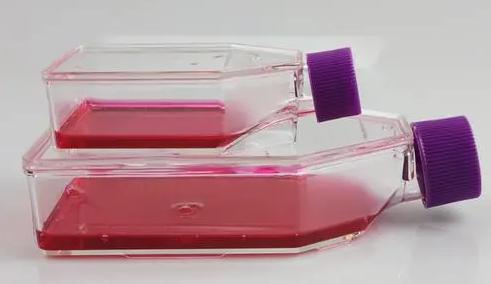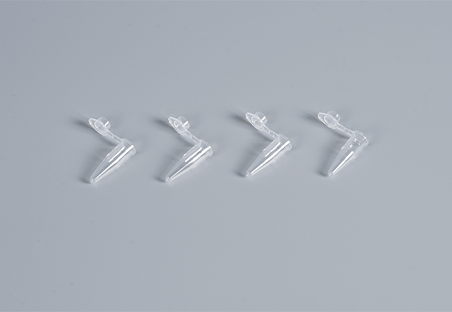What are the Different Sizes and Capacities of Disposable Centrifuge Tubes?
Centrifuge tubes are essential laboratory tools used for separating and processing samples through centrifugation. Disposable centrifuge tubes, in particular, offer convenience and efficiency, reducing the risk of cross-contamination and the need for cleaning. Understanding the different sizes and capacities of these tubes is crucial for optimizing experimental results and ensuring proper handling of various sample volumes….











